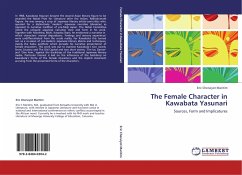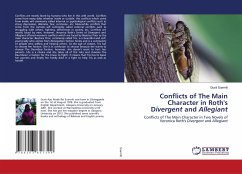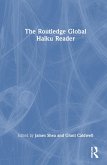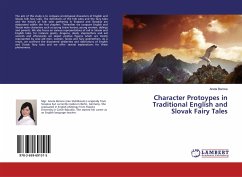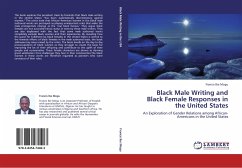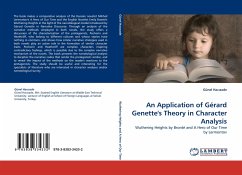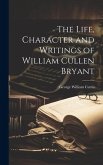In 1968, Kawabata Yasunari became the second Asian literary figure to be awarded the Nobel Prize for Literature after the Indian, Rabindranath Tagore. He was among a crop of Japanese literary artists-cum-critics who quested for a distinctively modern Japanese narrative (shosetsu) as opposed to narrative tradition of pre-Meiji Japan. The Nobel Committee noted the uniquely Japanese narrative tone and form in his work. Together with Yokomitsu Riichi, Kataoka Tepei, he envisioned a narrative in which characters mental dispositions, feelings and sensory experience were undifferentiated from the crude reality. For Kawabata this turned out as a re-vision of pre-modern Japanese literary idioms and techniques, mainly the haiku aesthetic which pervade his narrative presentation of female characters. This work sets out to examine Kawabata s two novels, Snow Country and The Old Capital and two short stories, The Izu Dancer and One Arm, against the backdrop of the traditional Japanese literary media. Particular interest is laid on the influences of the backdrop on Kawabata s forms of the female characters and the implicit statement accruing from the presented forms of the characters.

